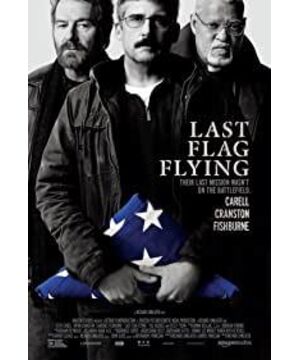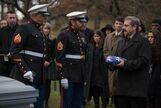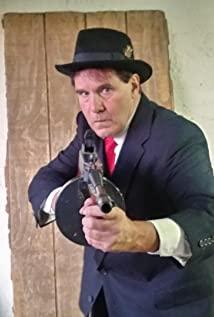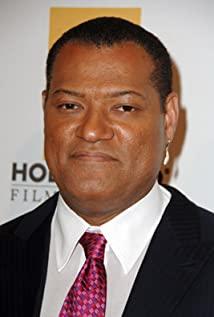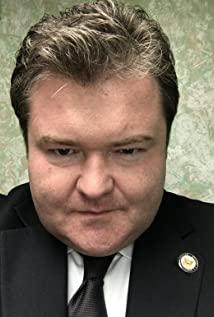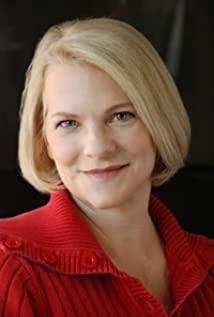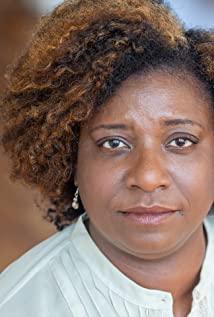There are three old guys who find themselves being played badly by the United States. Their fathers were the heroes of World War II that people admired. They longed for the same opportunity to prove themselves. However, out of the miasma-filled jungles of Vietnam, they could not bring back any victory and honor except for pain and nightmares.
They have seen through the lies of the upper-level politicians about war, and the only thing that can comfort them is that their efforts will bring peace to their families and descendants. The death of his son in battle has ripped off the last fig leaf of shameful lies, and even the real reason for his death was almost concealed by the military. This young and handsome child, with his blood, was sent by the country to a distant and troubled foreign country to participate in a war that belonged to someone else, and then was killed by hatred extremists for a bottle of Coke.
All those ideals, feelings, heroics, sacrifices, turned out to be just familiar lies. And the truth in front of his father was a corpse, and there was no longer a complete face on it. Angry father, whose youth and son's life was taken away by the military, cannot allow his son to be buried in Arlington Cemetery in military uniform because it will remind him of the shameful lie and his failure to stop it. Tragic failure. He was going to take his son home, wearing a bachelor's uniform instead of a military uniform, and going to the ground as his son, not a Marine.
These three veterans, the colonel who angered and appeased the families of the martyrs, scoffed at all the arrangements of the military. They deny all this with great fanfare, in order to turn the great sadness into anger and vent it. It is difficult for people to face such a big change and admit the randomness of fate, and they are more inclined to apply causal logic, blaming mistakes on specific objects, and criticizing them. In their view, the U.S. military was the culprit who killed his son, and more specifically, the colonel was responsible for his son's death. But in this poignant and occasionally interesting journey to send their son home, anger gradually returns to grief, and the three veterans begin to truly walk out of the war. "Why did you join the Navy in the first place?" Sal defiantly asked the black soldiers on the mission, probably thinking that he could laugh at the naive "patriotic" feelings of the recruits. Unexpectedly, the other party's answer is that in order to escape the slums full of depravity and violence, joining the army is the best choice. Like a Latino soldier in the HBO miniseries "Generation Killing," who witnessed a bloody street tragedy and decided to enlist to "mix with white people" and drive a Humvee. For some children at the bottom of society, war is not a lie, but a real opportunity, providing a decent income and resume, and even a help program to go to college after being discharged from the military. This was something Sal didn't expect. "He saved three comrades before he died, is that you?" "Yes, it's us." Sal originally tried to reveal the truth of his death to the families of the comrades who died in battle, atone for himself, and accuse the military of hypocrisy. However, in the end, he chose to maintain the white lie. This mother lost her son, what she needed was the right to know, or did she believe that her son did not die in vain and died a heroic personal choice, rather than desperately leaving the world in excruciating pain without anesthesia. The way the army handles it may also have stability maintenance factors in its starting point, and it is bound to bear infamy, but for many grieving family members, this kind of consolation with lies is almost the best choice. Realize that life is not all black and white, the right way is often not the best way, it is the most helpless growth in life. At this moment, the anger that had been haunting him like a curse in Sal's heart for decades was finally resolved. From the beginning of the film, Doc decided to let his son wear a bachelor's uniform, and the colonel repeatedly told the black soldiers to ensure that the martyrs were buried in military uniforms. This disagreement buried suspense in the plot, making the audience think that this incident would become the fuse for the conflict between the film's climax. However, the director's handling was unexpected and reasonable. The three veterans and the black minions chatted side by side before the funeral, and the atmosphere was so relaxed that it didn't seem like they were discussing such a sad ceremony. Doc took out his son's bachelor's uniform. The black soldier said that it might be a little small. His comrade in arms has grown into a big boy. So naturally, another option became a dark blue navy dress. The four of them talked about how they looked like a proud peacock in this dress. The expected fierce dispute did not break out, but at this time, everyone in the audience could understand that the conflict was resolved early on the journey, and everything has returned. On track.
The letter at the end can be said to be very routine and at the same time very affectionate. "I know you never wanted me to join the Navy, thank you for supporting my choice. Please bury me with my mother, I want to wear my military uniform..." After some twists and turns, this father finally knew his choice is right. Last flag flying The last flag has nothing to do with politics, nothing to do with war, it only represents the once young, warm and sincere life, which floats endlessly.
View more about Last Flag Flying reviews


